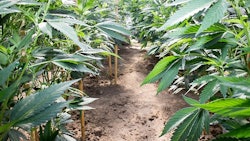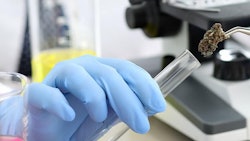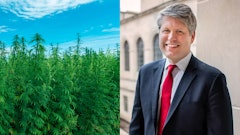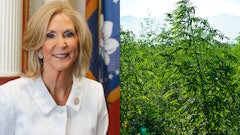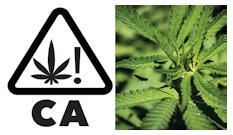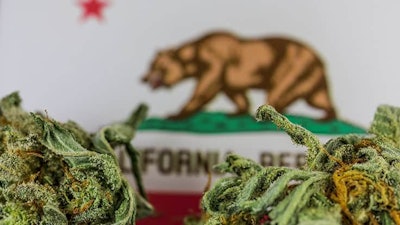
Assembly Bill 45 in California has been a contentious piece of legislation: While it would open up the ingestible cannabidiol (CBD) market in the state, it would also ban smokable hemp. But U.S. Hemp Roundtable (USHR) announced Sept. 1 that it has compromised with Gov. Gavin Newsom to remove the smokable hemp provision of the bill, leaving two of hemp’s most lucrative hemp markets open in California should the bill pass.
According to a written statement from the industry organization, the smokable hemp ban has been “replaced by a phase-in approach that will permit [its] sale to adults and the immediate manufacture of smokable products to be sold in other states.”
In addition to allowing smokable hemp, A.B. 45 would also permit cannabinoids and other hemp extracts to be added to dietary supplements, food, beverages, cosmetics and pet food, all of which is currently prohibited in the state.
The smokable hemp ban was a compromise made to advance CBD legislation once state lawmakers failed to reach an agreement on a similar bill before the end of last year's legislative session, USHR General Counsel Jonathan Miller told Hemp Grower back in January, adding that "perfect is the enemy of the good.”
Notably, Newsom is up for a recall in the state, with a vote taking place Sept. 14 to potentially replace the governor. (According to FiveThirtyEight, the pre-election polls show a tight race, with about 51% indicating they want to keep the governor.)
However, USHR is aiming to see a final vote on the bill just before that election. A.B. 45 is due for a final vote in the state Senate Sept. 8 and a final vote in the state Assembly later that week. It has so far passed six legislative committees and “the Assembly floor with only a handful of no votes,” the statement from USHR says. The bill contains an urgency clause, meaning it will become effective upon a signature from Newsom.
Previously, the California Hemp Council had expressed its opposition to the bill, in large part because of its ban on smokable hemp. USHR says it coordinated with the organization to remove the contentious provision.
“We are deeply grateful for the leadership of Governor Gavin Newsom, who met with Roundtable leadership and was deeply invested in securing passage of this bill. We are also appreciative for the leadership of the California Hemp Council, the voice of the state’s hemp industry, which partnered with the Roundtable, other California stakeholders, and, of course, our amazing bill sponsor, Rep. Cecilia Aguiar-Curry, to secure the final compromise,” says the USHR statement.
The statement urges those from California to send a letter to state lawmakers supporting the bill through USHR’s website.









